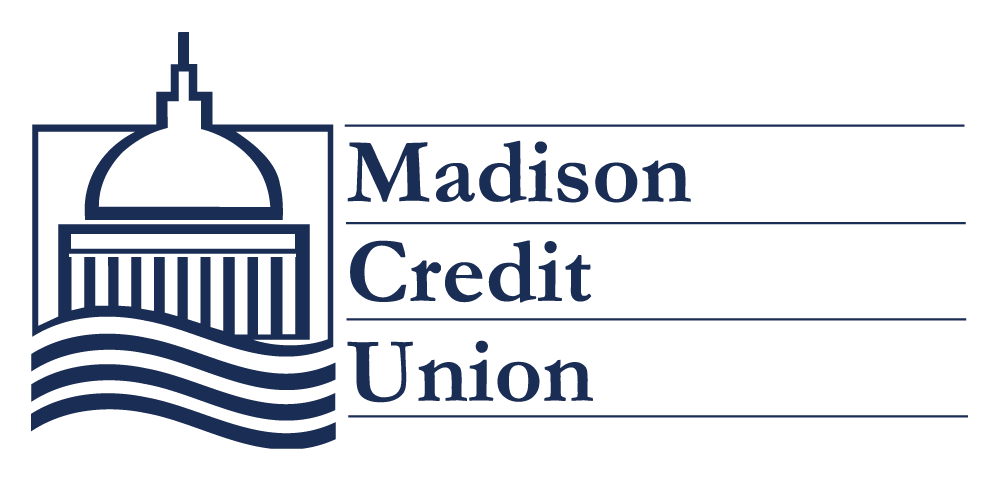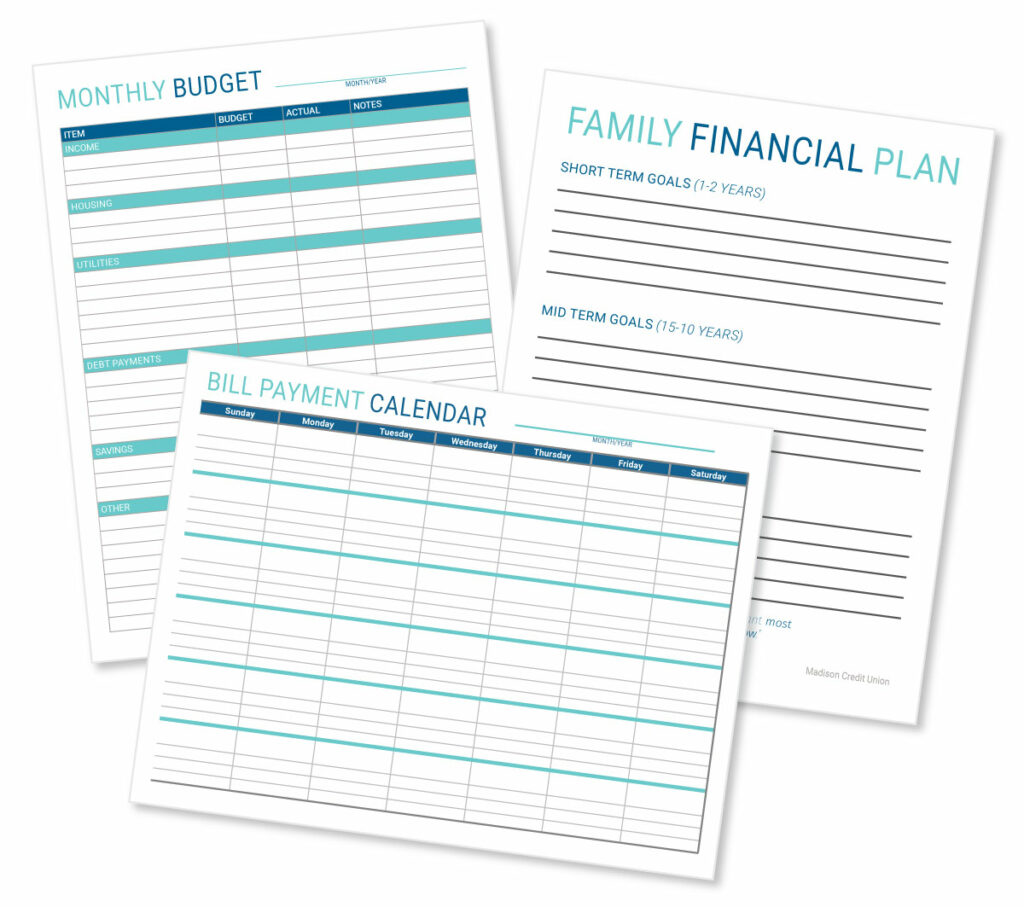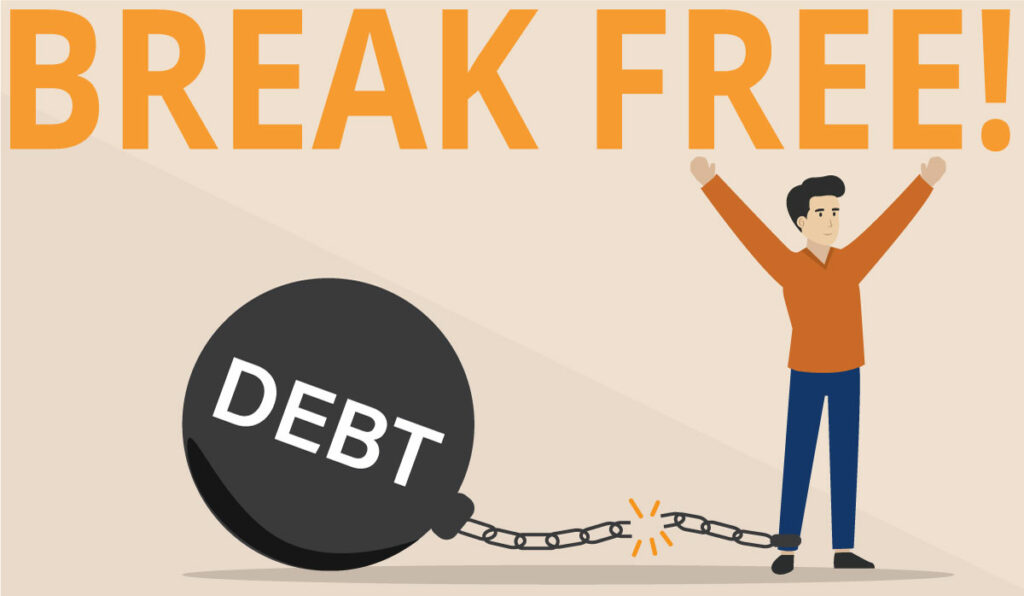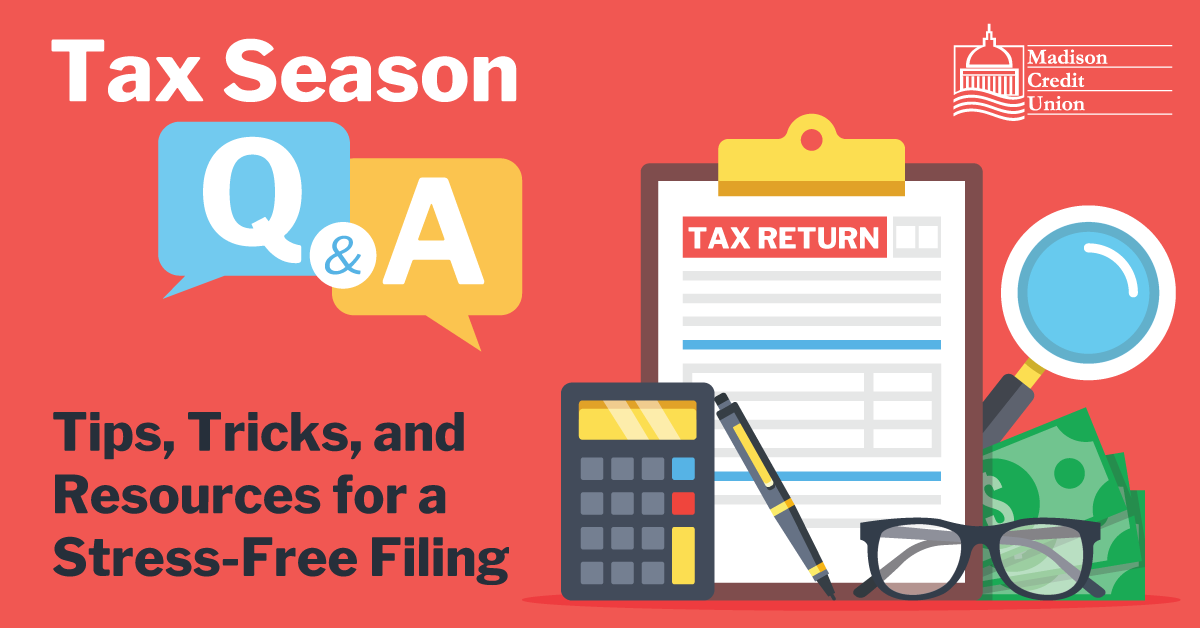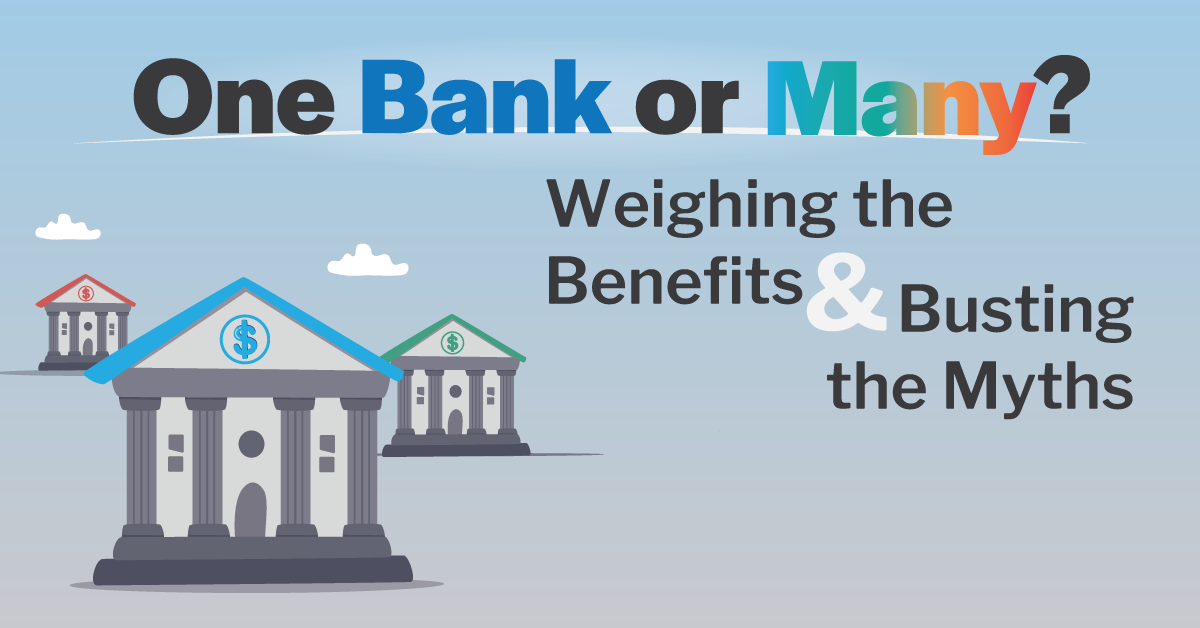Tax season can be overwhelming, but with the right information and preparation, it doesn’t have…
Breaking Free: 10 Practical Tips to Escape the Debt Spiral
Finding yourself trapped in a debt spiral can be overwhelming and stressful. The cycle of borrowing to pay off previous loans, coupled with high-interest rates and fees, can make it feel like there’s no way out. However, with the right strategies and a solid plan, you can break free from this financial trap and regain control of your finances. This article offers practical tips to help you escape from spiraling debt and start building a more secure financial future.
1. Assess Your Financial Situation
The first step to breaking free from high interest debt is understanding your current financial situation. Start by listing all your debts, including the amount owed, interest rates, and due dates. This will give you a clear picture of your total debt and help you prioritize which loans to tackle first. Understand how much you are paying in interest every month.
2. Create a Budget
A realistic budget is essential for managing your money and freeing up cash to pay off your debts. Begin by listing your monthly income and expenses. Identify areas where you can cut back, such as dining out, subscriptions, or entertainment, and redirect those savings toward paying down your payday loans. Even small adjustments can make a significant difference over time. And think of your budget as a fluid, changeable thing. You may have to cut things out at first, but once the high-interest debt gets under control you can readjust your budget.
3. Negotiate with Lenders
Many lenders are willing to work with borrowers who are struggling to repay their loans. Contact your lender and explain your situation. Ask if they offer extended repayment plans (ERPs), which allow you to repay the loan over a longer period with lower payments and, in some cases, reduce interest rates or fees.
4. Consolidate Your Debt
Debt consolidation involves combining multiple loans into a single, more manageable loan with a lower interest rate. This can simplify your payments and reduce the total amount of interest you pay over time. There are several ways to consolidate debt:
- Personal Loans: If you have decent credit, you may qualify for a personal loan with a lower interest rate. Use this loan to pay off your high-interest loans. Credit unions are a great place to start when looking at a personal loan to cancel your debt. Our lending team is always available to go over your options with you. Email them at lending@madisoncu.com or call at 608-266-4750.
- Credit Cards: If you have a credit card with a lower interest rate, consider using it to pay off your high interest loans. However, be very cautious with this approach, as credit card debt can also accumulate quickly if not managed carefully.
- Debt Consolidation Companies: Some companies specialize in helping people consolidate and manage their debts. These companies negotiate with your creditors on your behalf and combine your debts into one monthly payment. Be sure to research and choose a reputable company.
- GreenPath Financial Wellness is a well-regarded company that works with credit unions across the country to help their members tackle compounding debt. Visit them at: https://www.greenpath.com/dmp/ or call: 855-385-1509.
5. Seek Financial Counseling
If you’re struggling to manage your debts, consider seeking help from a non-profit credit counseling agency. These agencies offer free or low-cost services, including budgeting assistance, debt management plans, and financial education. A certified credit counselor can work with you to develop a personalized plan for paying off your debts and improving your financial situation.
All Madison Credit Union members have free access to financial counseling services with Balance Pro Financial Counseling. Simply call or visit them online and mention you are a member of Madison Credit Union.
6. Explore Local Resources
 Many communities offer resources to help individuals in financial distress. Look into local non-profits, community organizations, or government programs that provide assistance with food, housing, or utility bills. By reducing your living expenses, you can free up more money to put toward paying off your payday loans.
Many communities offer resources to help individuals in financial distress. Look into local non-profits, community organizations, or government programs that provide assistance with food, housing, or utility bills. By reducing your living expenses, you can free up more money to put toward paying off your payday loans.
Wisconsin offers the 211 program that offers insistence to those who need in a wide range of issues from food and housing assistance, to domestic violence, physical and mental health resources, legal assistance, and more. Simply dial 211 from your phone or visit: https://211wisconsin.communityos.org/
7. Increase Your Income
While cutting expenses is important, increasing your income can also help you pay off debt faster. Consider taking on a part-time job, freelancing, or selling unused items to generate extra cash. Even a temporary boost in income can make a big difference in your ability to pay down debt. Is a raise at your current job is a possibility? Research current salaries in your field to see if your earnings match up.
8. Avoid Taking on New Debt
One of the biggest challenges of escaping the debt cycle is avoiding the temptation to take on new debt. Resist the urge to borrow more money, even if it seems like a short-term solution. Instead, focus on sticking to your budget and using the strategies outlined above to manage your existing debts.
9. Consider Bankruptcy as a Last Resort
If your debt is truly unmanageable and other options have been exhausted, bankruptcy may be a viable option. While it has significant long-term consequences for your credit, it can provide a fresh start by discharging some or all of your debts. Consult with a bankruptcy attorney to understand the implications and whether this is the right choice for you.
10. Stay Committed and Seek Support
Getting out of a high-interest debt spiral is not easy, but it is possible with commitment and persistence. Surround yourself with supportive friends or family members who can offer encouragement and help you stay on track. Celebrate small victories along the way, and remember that every step you take brings you closer to financial freedom.
Conclusion
Escaping the debt spiral requires determination, discipline, and a strategic approach. By assessing your financial situation, creating a budget, and exploring options like debt consolidation or financial counseling, you can break free from high-interest debt and start building a more secure financial future. Remember, you’re not alone in this journey—help is available, and with the right plan, you can regain control of your finances and move toward a brighter financial future.
Additional Recourses:
- Balance Pro – all Madison Credit Union members have access to free financial counseling services. Just mention you are a member of Madison Credit Union.
- Wisconsin 211 – call or visit them online for assistance on locating help for finances, housing, food, and utilities, and so much more.
- GreenPath Financial Assistance for help on consolidating uncontrollable debt and negotiating with creditors.
- Madison CU Financial Smarts – visit our Financial Smarts page for helpful budget forms, articles and videos.
Sources:
- Consumer Financial Protection Bureau. “Extended Payment Plans (EPPs): What You Need to Know.”
- National Foundation for Credit Counseling (NFCC). “Finding Debt Relief: Debt Consolidation, Settlement, & Management.”
- U.S. Department of Justice. “Credit Counseling and Debtor Education.”

